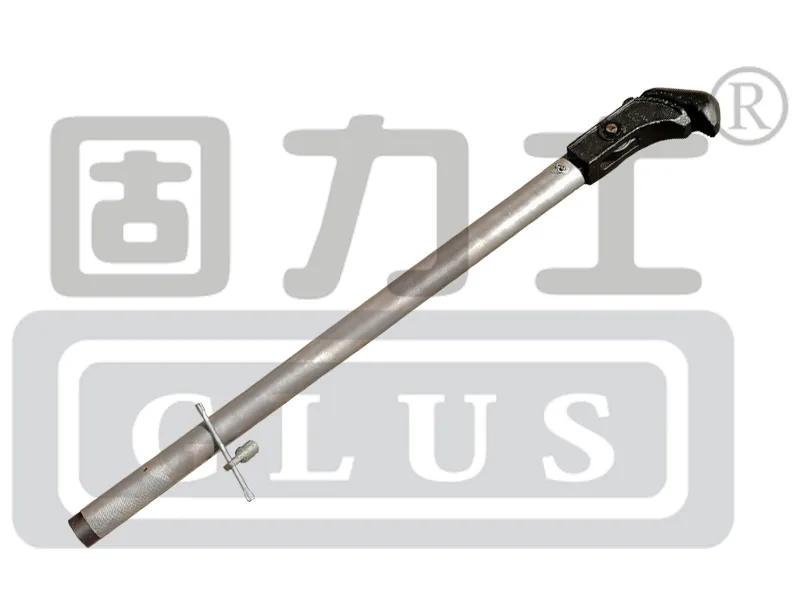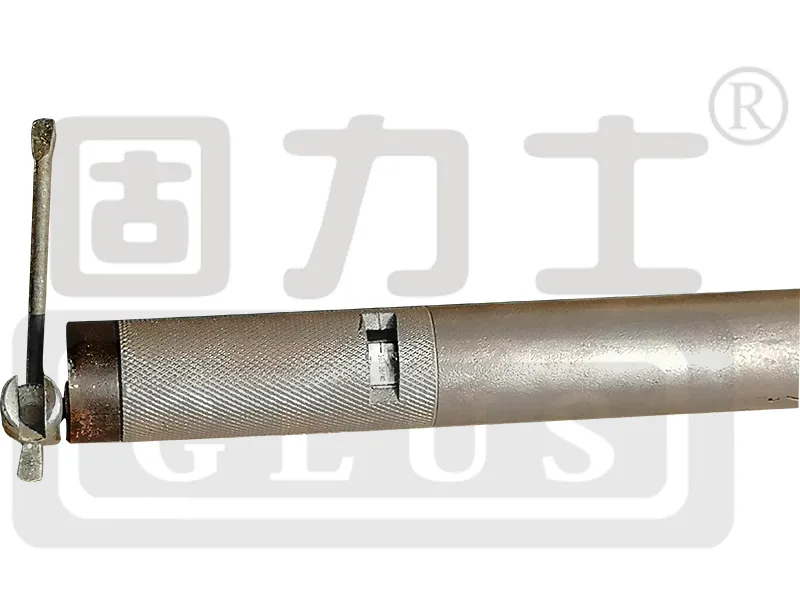Products Description
Introduction
In construction engineering, steel bar sleeves (especially straight-thread sleeves) are the core components of mechanical connection for steel bars. The quality of their connection directly affects the structural safety. The steel bar sleeve-specific torque wrench is a key tool for controlling the tightening torque of the sleeve and the steel bar, ensuring that the connection strength meets the specification requirements and avoiding loosening due to insufficient torque or damage to the sleeve or the steel bar caused by over-tightening.
Core Function: Ensuring "Strength and Reliability" of Steel Bar Connections When connecting steel bars with straight-thread sleeves, the ends of the steel bars are machined with straight threads, and the sleeves are tightened to connect the two steel bars. At this time, the tightening torque is the core control indicator:
• Insufficient torque: The sleeve and the threads of the steel bar do not bite tightly, and they are prone to slip during tension, resulting in connection failure;
• Excessive torque: It may cause thread slippage, cracking of the sleeve, or plastic deformation of the steel bar end, which also reduces the connection strength.
Therefore, the "Technical Code for Mechanical Connection of Steel Bars" (JGJ 107) clearly stipulates: Different diameter steel bar sleeves must reach the corresponding standard torque values, and the torque wrench is the only tool to achieve this requirement.
Applicable Specifications and Torque Standards (Key Parameters) According to JGJ 107, the tightening torque values for common steel bar diameters when connecting with steel bar sleeves are as follows (reference values, specific to engineering design):
Rebar diameter (mm) | Standard tightening torque (N・m) |
|---|---|
| 16 | 200 |
| 18 | 260 |
| 20 | 320 |
| 22 | 360 |
| 25 | 450 |
| 28 | 520 |
| 32 | 650 |
| 36 | 800 |
| 40 | 950 |




